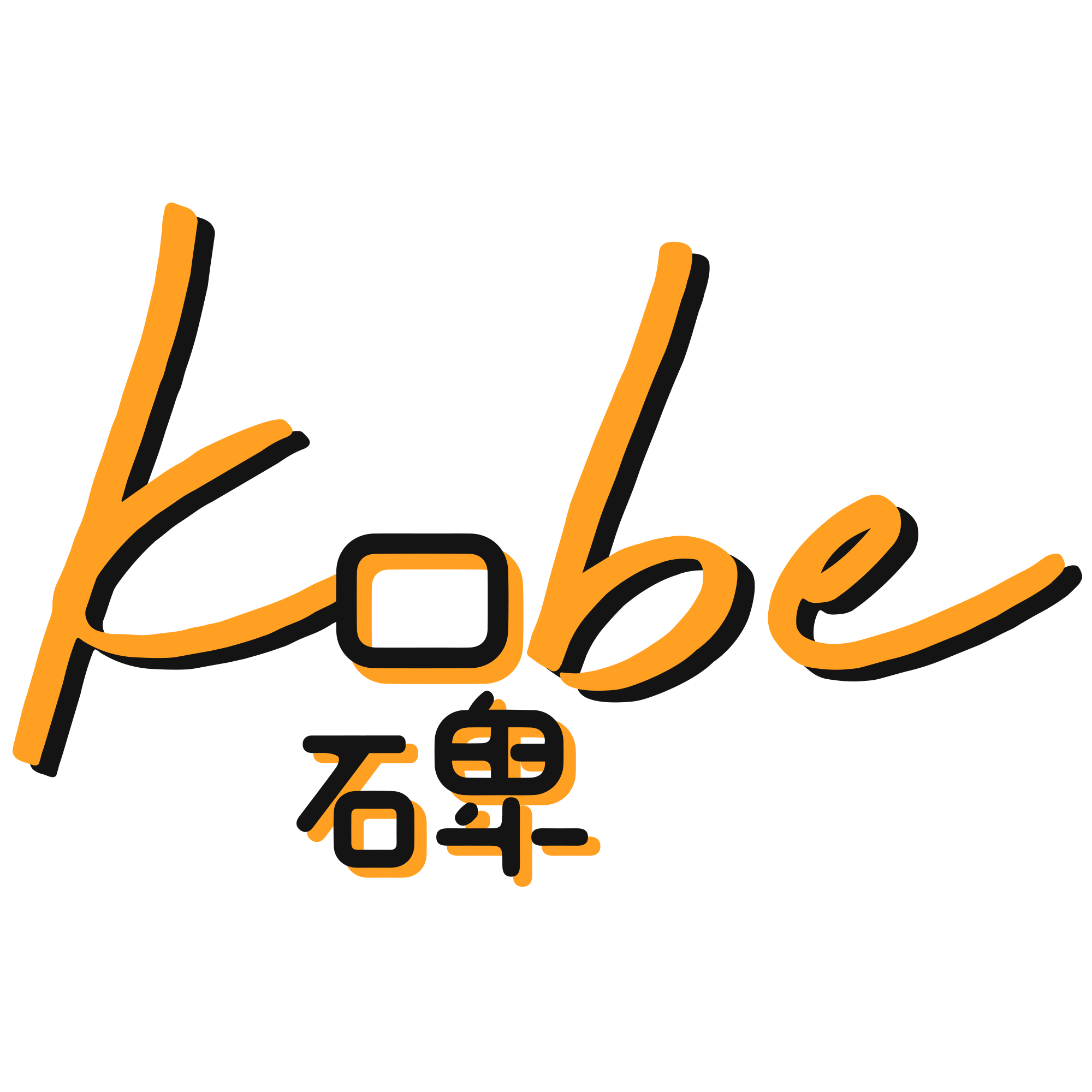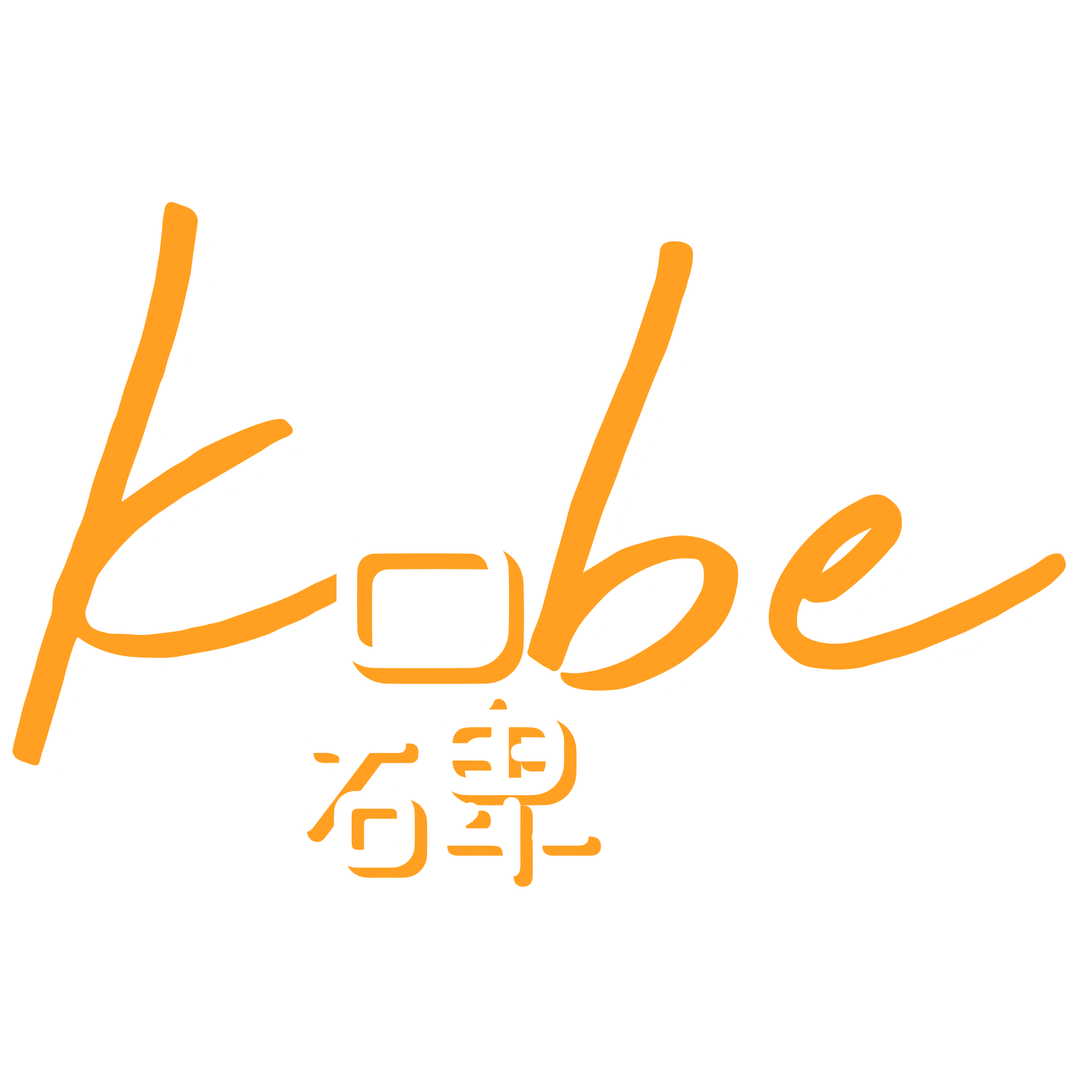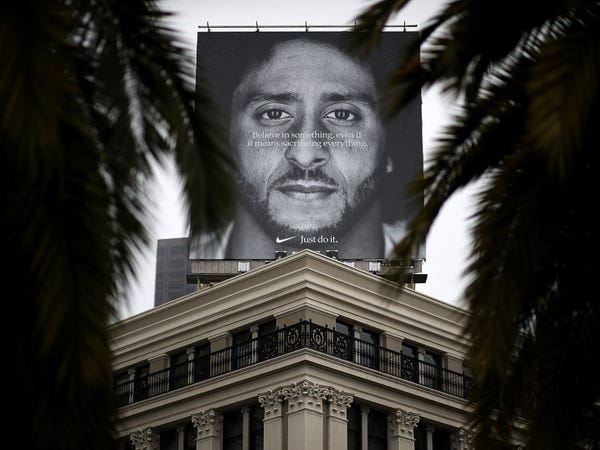Influencer Marketing And Trouble
Influencer marketing can achieve phenomenal success if done well. Dubbed as one of the more successful industries in the world of digital marketing, it also has taken Instagram by storm. Instagram influencers flood everyone’s feed with brand sponsorships and giveaways. And Instagram is just one prime example, social media influencers can be easily found everywhere. Even on niche social media platforms. Although influencer marketing has been widely accepted by many consumers and social media platforms, it is considered to be one of the more controversial forms of marketing. Why is that so?
Social Media Influencers Fraud
With the creation of social media bots, it is very easy to buy followers to increase your following. Some brands that do not know better, would hire influencers, since ‘large following = more audience outreach’, without running legitimacy checks. These influencers are controversial since their following numbers are inflated, hence brands would not get the amount of outreach or engagement rates they were hoping for. In other words, fraud. Some brands just do not trust the effectiveness of influencer marketing. Some simply prefer other forms of marketing that are tried and tested. Social media influencers are more important than ever, click here to find out more.
Afraid of this happening to your brand? Kobe uses our patent A.I. technology to sniff out these kinds of fraud. We are able to run checks on our influencers’ followers. Unsure of which influencers to use for your brand? Let us help you out. Go to tryinfluencers.getkobe.com for your pairing. The first try is free.
Divas and Divos
There are specific cases when certain influencers have, for a lack of a better term, inflated ego. There are a select few social media influencers that demand biased treatment or just outright freebies when they are outside. Take for an example, when the Luxury Dublin Hotel banned YouTubers and Instagram influencers after a scene was caused. Read more about the ban here.
Controversial Marketing and Cancel Culture
Coined just recently, cancel culture is a widespread practice on the internet. To put it simply, it is basically a boycott against brands but used more to target an individual, influencers in this case. Cancel culture is widely infamous due to its effectiveness. When an influencer does something controversial, the majority social media consumer becomes the judge, the jury and the executioner. A boycott of various scales would begin, some even reaching to the point of brands cancelling contracts with said influencers. Read more about the cancel culture here.
Brands fear the cancel culture, because who would willingly walk themselves into a boycott action? Some brands are quick to react to negative publicity from their influencers as they immediately pull out and disassociate their brand name with them.
One such case of controversy, Instagram influencer Kylie Jenner was the face of the 2017 Pepsi’s ‘Live For Now’ campaign. Though Pepsi’s intention was to showcase global diversity, the audience got the wrong message. What was interpreted by the consumers, was that Pepsi was trivialising a serious movement ongoing in the United States; Black Lives Matter. As such, Pepsi’s reputation took a turn for the worse.

Social Media Influencer Kylie Jenner In Pepsi’s ‘Live For Now’ Ad Campaign
But Controversy Can Pay Off
One of the fundamentals of marketing is to get people to talk or think about your brand or your product. Focusing on that, using controversy definitely can get people to talk about your brand. The key here is to balance out between the damage your brand can take and the effectiveness of the controversy. Influencer marketing has the best examples of utilising controversies in order to gain publicity.
One fine example would be Nike’s 30th-anniversary for their ‘Just Do It’ campaign with Colin Kaepernick. A brief history about the influencer; Kaepernick was a football player for the NFL. He refused to stand while the national anthem was playing and instead, knelt down. This was a symbol to protest against police brutality and racial inequality in America. This was nothing but an act of disrespect in the eyes of patriotic football fans. The NFL then allegedly took action against Kaepernick.

Colin Kaepernick In Nike’s ‘Just Do It’ Ad Campaign
Ensuing Chaos
Nike took into account the player’s controversial past and still decided to enlist Colin Kaepernick as one of their main faces for their 30th-anniversary campaign. What immediately ensued was an attempt in boycotting Nike. Some people took it to Twitter, posting videos of themselves destroying their Nike’s apparels and even burning their Nike shoes. This controversy even got a personal tweet from the United States’ president himself.

Donald Trump on Nike’s ‘Just Do It’ Campaign in 2018
2 years later, Nike still stands strong. Lots of people are destroying their Nike apparels, but there are more people mocking them for doing so. Consumers are destroying apparels that they have already paid for, all to scold a multi-billion dollar company over an ad-campaign. How ridiculous does that sound to you?
Nike obviously studied the cost/benefit analysis before carrying out this influencer marketing campaign. They believe that the rewards of sponsoring Kaepernick would outweigh the costs. With the ad becoming a national conversation within minutes of its release, it clearly has succeeded in its goals. The long-term attention Nike has received certainly compensated any initial setbacks in their stock prices.
So What Is The Difference?
Why did Pepsi’s campaign flop but not Nike’s? The common denominator between these two giant companies is that the message behind it. Pepsi chose the Black Lives Matter movement as a way to showcase global diversity and racial acceptance. Nike and Kaepernick’s actions were also about police brutality and racial inequality. Execution and the influencer used made a whole world of difference. We need to understand that while Kylie Jenner may be popular, she also has her fair share of controversy because of her ties with the Kardashian family. One would ask whether Kylie Jenner was actually the right influencer to represent the face of Pepsi, especially when Pepsi was going to touch on a sensitive topic? Nike, on the other hand, was painfully aware of Colin Kaepernick’s actions and history.
Nike seems to believe that whatever Colin Kaepernick has done was right. The quote in front of Kaepernick, “Believe in something. Even if it means sacrificing everything” was in direct reference to the lawsuit against the NFL for allegedly conspiring to keep the player out of the league. What better influencer to represent their quote “sacrificing everything” than an influencer that risked his career to protest against what is wrong? Yes, there was an initial backlash but in the end, Nike came out on top with this campaign.
All in all, this only highlights that though controversy is not what every marketer would seek, it can be a powerful tool if utilised correctly. You would have to weigh the pros and cons of carrying such campaigns, and whether you think the majority of the public would side agree with you in the end. There can’t be a rainbow without a little rain.






